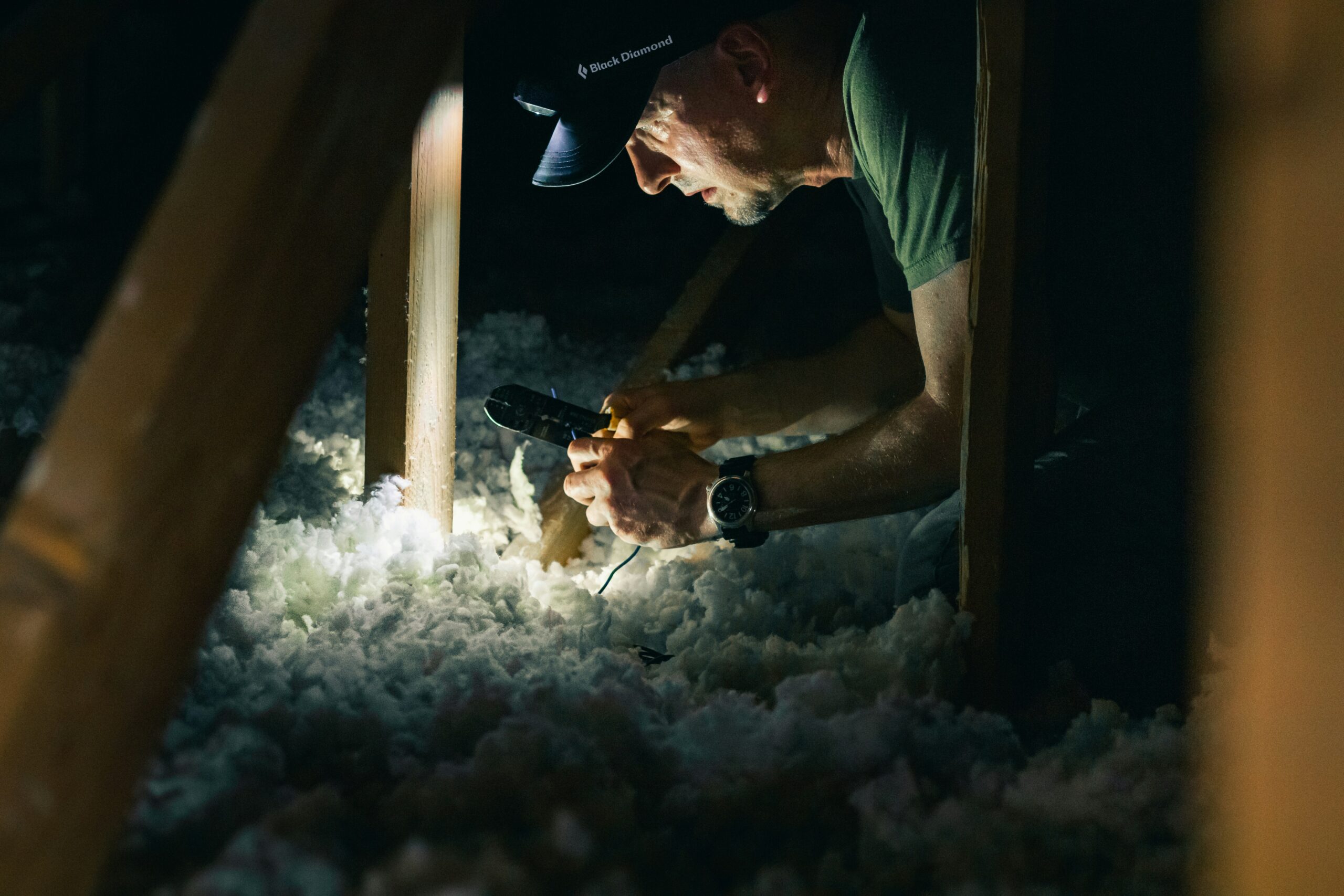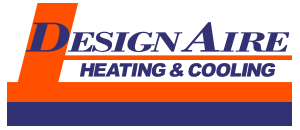
In every home and building, the HVAC system plays a crucial role in ensuring comfort and energy efficiency. But behind the scenes, often overlooked, is the importance of proper HVAC insulation.
Understanding HVAC Insulation
When it comes to optimizing the performance of your HVAC system, insulation is key. HVAC insulation encompasses various components that help maintain a controlled environment. The main objective is to reduce energy loss and enhance system efficiency.
Proper HVAC insulation acts as a buffer, minimizing heat gain in warm seasons and reducing heat loss during cold spells. This, in turn, helps maintain consistent temperatures within your living or commercial spaces. Notably, many people underestimate the power of insulation when evaluating the energy efficiency of their HVAC system.
The Role of Air Ducts in HVAC Efficiency
Air ducts are critical pathways that distribute conditioned air throughout a building. These ducts, if left uninsulated, can become major sources of energy loss. Insulating the air ducts helps regulate air temperature as it travels from the HVAC unit, ensuring minimal heat loss or gain.
Duct insulation, available in different forms such as fiberglass or duct wrap, offers a barrier against thermal exchange. Using these materials helps minimize air leakage, enhancing the overall energy efficiency of your system. Insulating the HVAC ducts not only optimizes performance but also helps in reducing your energy bill significantly.
Choosing the Right Insulation Material
Selecting the appropriate insulation material is crucial for ensuring effective thermal protection. Fiberglass insulation is a popular choice due to its excellent thermal properties and cost-effectiveness. Aluminum foil with a vapor barrier is another option, offering a radiant heat solution, especially for exposed ducts.
In addition to material choice, the installation process is vital. Whether using duct board or wrapped insulation, proper installation ensures that there are no gaps or openings that can lead to energy leakage. An insulated duct system is paramount in maintaining indoor air quality and achieving consistent temperature throughout your space.
The Case for Commercial HVAC Insulation
In commercial settings, HVAC equipment often operates at higher demands, making energy efficiency even more critical. Proper HVAC duct insulation in commercial buildings entails the use of robust insulation materials that can withstand higher temperatures and usage.
Commercial insulation not only ensures a comfortable environment for employees and customers but also significantly cuts down on energy costs. In comprehensive HVAC applications, including ventilation systems or metal ducts, insulation ensures the system’s longevity and effective performance, thereby reducing repair or replacement costs over time.
Benefits of Insulating Attic and Floor Areas
Insulating attic spaces and floors can further complement HVAC system efficiency. Attic insulation shields the home from solar heat, reducing cooling costs in summer, while floor insulation can prevent heat loss. Effective thermal insulation in these areas helps the HVAC system maintain desired temperatures with less effort.
Additionally, incorporating radiant barriers can reflect heat away from the building, aiding in energy conservation. Properly insulated spaces mitigate radiant heat transfer and improve the conditioned air distribution dynamics, thus lowering energy consumption and ensuring energy-cost savings.
The Impact of Proper HVAC Insulation
Insulating an HVAC system is an investment in energy efficiency and comfort. When having an AC installation service, focusing on the insulation of air ducts, sheet metal, and utilizing a vapor barrier, property owners can dramatically reduce energy usage and enhance indoor climate control, and avoid AC repair St. Louis due to a poorly performing unit with bad insulation. Proper insulation goes beyond just energy savings; it contributes to a healthier and more sustainable living environment.
As energy costs continue to rise, addressing heat loss, air leakage, and consistent temperature management through efficient HVAC system insulation becomes more urgent. In conclusion, don’t underestimate the value of proper insulation – it is key to a smoothly running HVAC system and a comfortable, energy-efficient home or workspace.

